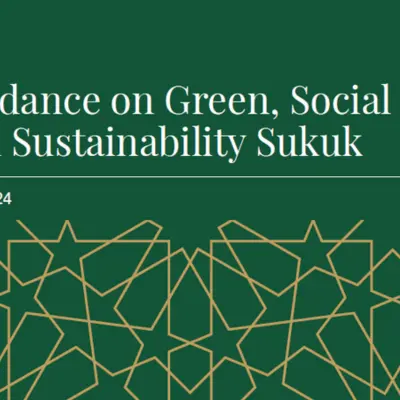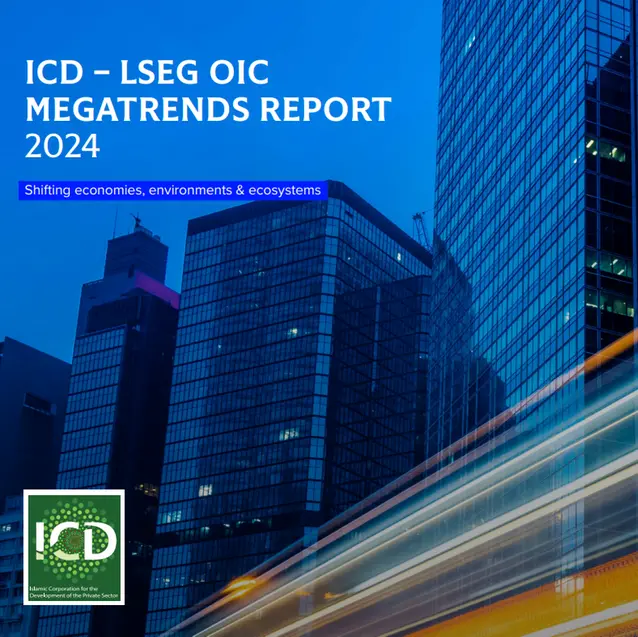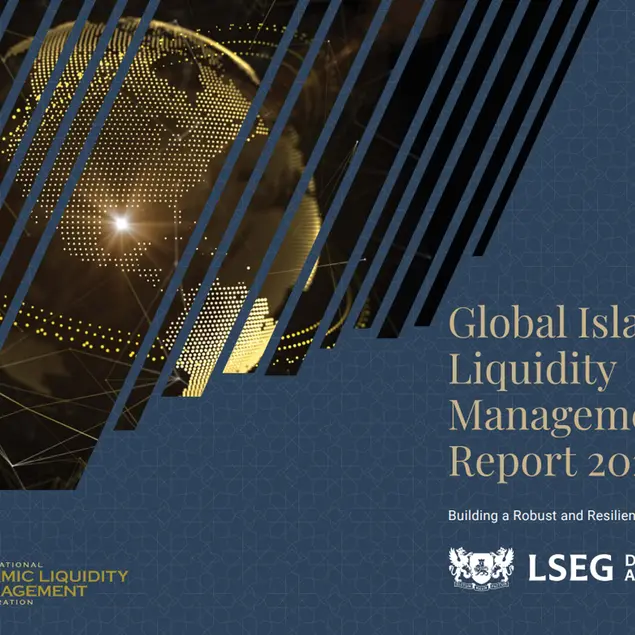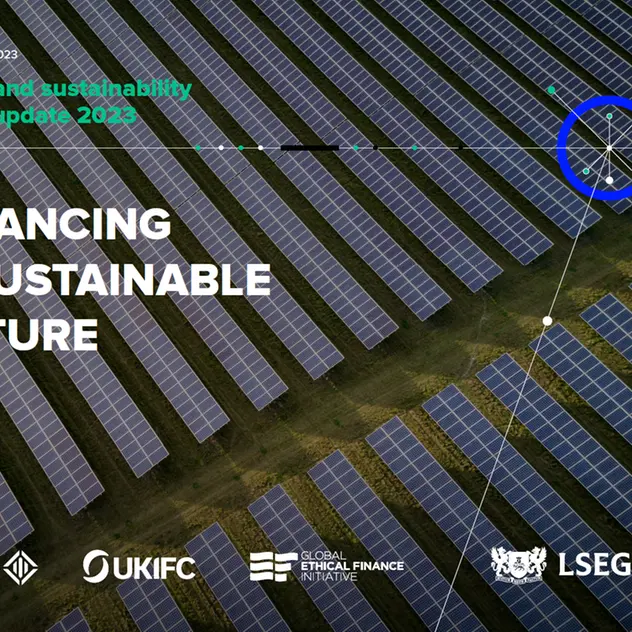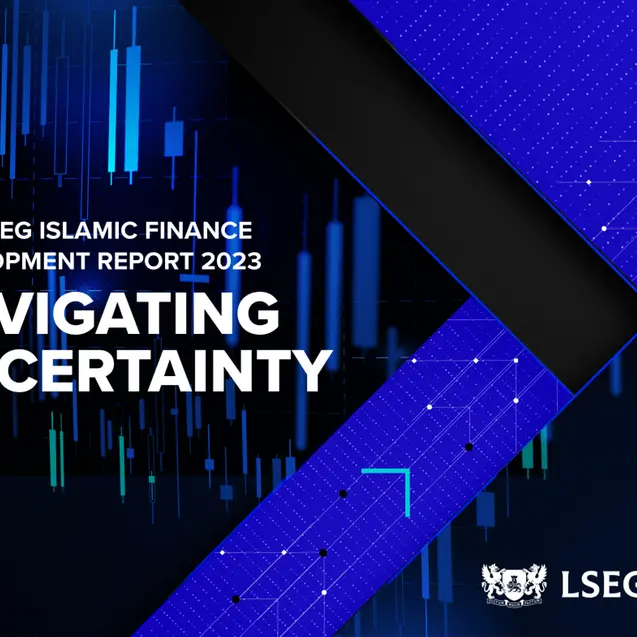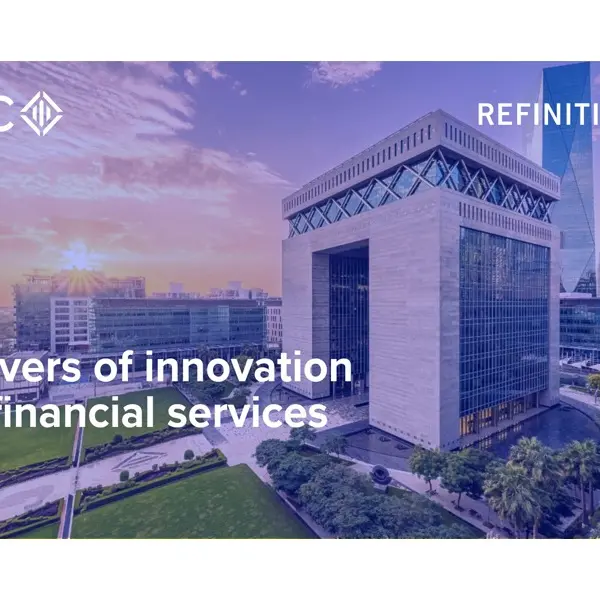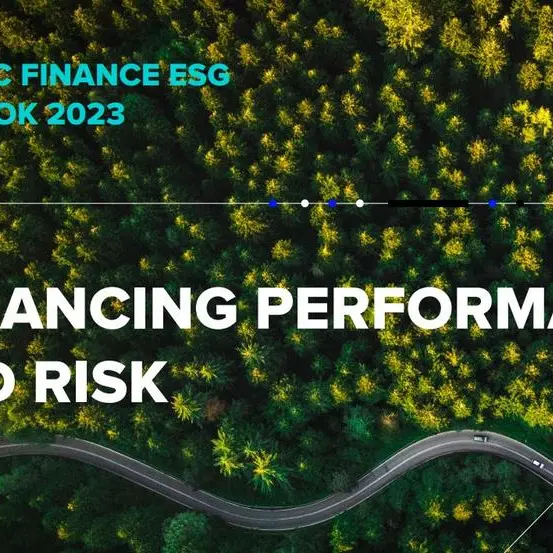PHOTO
Refinitiv, the world’s largest provider of financial markets data and infrastructure, and the Islamic Corporation for the Development of Private Sector, the private sector development arm of the Islamic Development Bank (IsDB) Group, are pleased to present this joint report outlining the first systematic sizing of the OIC infrastructure gap, with breakdowns of these estimates by sector and region.
Developing the right infrastructure is the foundation of any country’s growth and advancement, as it can help to connect cities and nations, strengthen national unity, and serve governments’ broader economic and social visions. This report has projected the combined OIC infrastructure gap over the 25- year period from 2016 to 2040 at $2.7 trillion. As Islamic markets grow in global importance due in part to their large, youthful populations and plentiful natural resources, and as their potential expands as markets for consumption and investment, it is becoming increasingly vital that the gaps are filled.
But funding the development of major infrastructure projects is not always straightforward. Funding can be complex and require substantial investment, and its long-term nature will mean there needs to be proper governance of the projects and of their execution and monitoring processes.
Access the full report to find out more about:
This report outlines some of the newer and increasingly popular means of raising funds for infrastructure building in OIC countries, such as public-private partnerships and Islamic infrastructure finance. It also outlines the key ingredients of a successful infrastructure policy framework such as defining objectives, planning and budgeting in ways that look to the needs of all stakeholders; identifying, allocating and effectively managing risk; and ensuring robust legal and regulatory frameworks, particularly in regard to Islamic financing structures.
Click here to access the IFDI page and the global Islamic finance database in Eikon.

